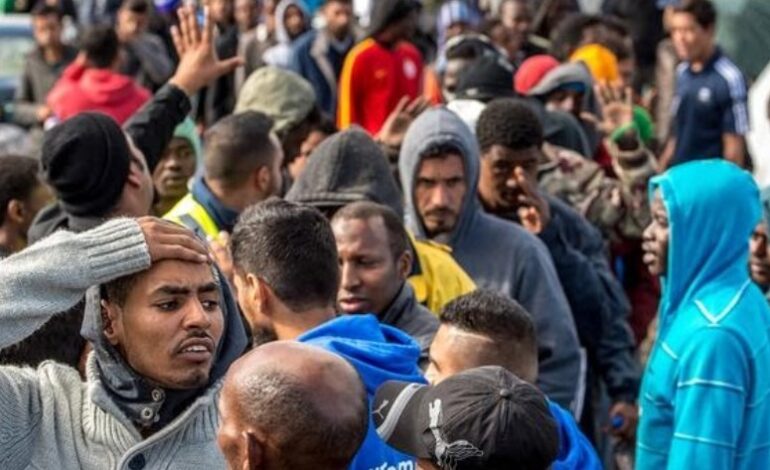
Faith Nyasuguta
South Africa’s former president Jacob Zuma has been disqualified from running for parliament in the upcoming election, the country’s top court ruled on Monday. This judgment could significantly impact the election’s outcome and potentially spark unrest among Zuma’s supporters.
The Constitutional Court determined that Zuma’s 15-month jail sentence for contempt of court in 2021 makes him ineligible to stand in the May 29 election. According to the constitution, anyone sentenced to 12 months or more in prison is barred from holding a parliamentary seat.
“It is declared that Mr. Zuma was convicted of an offence and sentenced to more than 12 months’ imprisonment, … and is accordingly not eligible to be a member of, and not qualified to stand for election to, the National Assembly,” the court’s ruling stated.
Zuma, who resigned as president in 2018, has since distanced himself from the governing African National Congress (ANC). He has been campaigning for a new party, uMkhonto we Sizwe (MK), named after the ANC’s former armed wing.
Opinion polls indicate the ANC’s majority is at risk after 30 years in power, and MK poses a significant threat, particularly in Zuma’s home province of KwaZulu-Natal, where he remains popular.
In 2021, Zuma’s imprisonment led to riots in KwaZulu-Natal, resulting in over 300 deaths and widespread looting. When asked about the potential for violence following the Constitutional Court’s ruling during an interview with local radio station 702, President Cyril Ramaphosa expressed confidence in the rule of law.

“I’m not concerned about this instigating violence,” Ramaphosa said. “We have rule of law in South Africa that governs us. Once a Constitutional Court has decided, that is it, and should there be any threat of violence, our security forces are ready.”
South Africa’s electoral commission initially disqualified Zuma in March. However, a lower court later overturned this decision, arguing that the relevant constitutional section applied only to individuals who had the opportunity to appeal their sentences, which was not the case for Zuma. The electoral commission then escalated the matter to the Constitutional Court.
Despite the disqualification, Zuma’s face will still appear on ballots this month, as he is the registered leader of the MK party. An Ipsos opinion poll published in April showed support for MK at roughly 8%, compared to just over 40% for the ANC.
While the ANC is projected to receive the most votes, it may not secure a majority. If it falls below 50% support, the ANC would need to form coalitions to govern, marking the first such alliance since the party’s ascent to power under Nelson Mandela at the end of apartheid.
At a campaign rally for the MK party on Saturday, Zuma addressed thousands of supporters in Soweto, promising free education for disadvantaged children and job creation.
The court’s decision and its potential ramifications highlight the volatile politics in South Africa, as the nation heads into a crucial election period.
RELATED:




